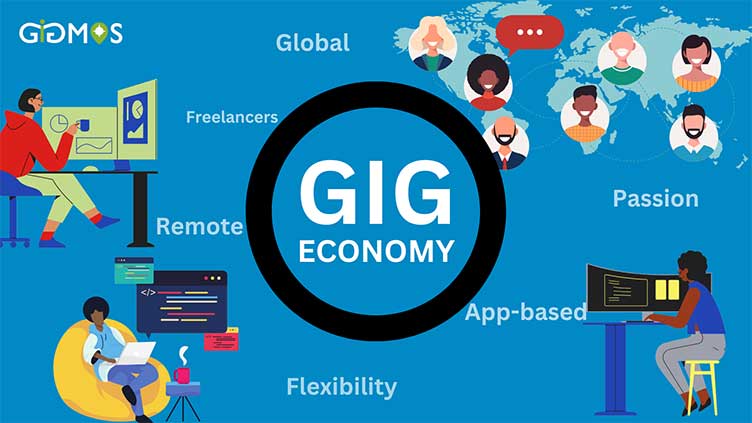Millions of gig workers could be reclassified as employees under new rule

Business
The rule would help workers receive overtime pay, unemployment insurance and other benefits
(Web Desk) - The Department of Labor on Tuesday announced a final rule that could upend the gig economy by treating millions of side-hustle workers, home care aides, independent financial advisors and truckers as employees, rather than as independent contractors.
The rule would give some of those workers the same benefits and workplace protections enjoyed by formal employees.
And it would make it harder for companies from Uber to Fedex to classify workers as independent contractors.
People whom the Labor Department believes are misclassified as independent contractors would be entitled to benefits and protections such as minimum wages, overtime pay, Social Security and unemployment insurance — none of which employers of independent contractors are currently required to provide.
“This rule will help protect workers, especially those facing the greatest risk of exploitation, by making sure they are classified properly and that they receive the wages they’ve earned," Acting Secretary of Labor Julie Su said in a statement. President Joe Biden on Monday renominated Su to her position after her confirmation was stuck in the Senate for over 10 months.
The rule uses what it calls an “economic reality” test that includes factors such as the degree of control a worker has over their job; whether the worker has the opportunity of making profits or losses at the job; and the degree to which a worker and their employer have invested in the company.
The rule will take effect on March 11, and overturns a 2021 Trump-era rule that made it easier for employers to classify workers as independent contractors.
McKinsey found in 2022 found that 36% of employed respondents — the equivalent of 58 million Americans — in its American Opportunity Survey were independent laborers.
That includes contractors, freelancers, temporary and gig workers, according to the consulting firm.
Labor groups including the AFL-CIO have backed the rule, arguing that it will force companies to pay workers what they are owed.
Business groups strongly oppose the change, saying it will raise their costs and depress their revenues.
Marc Freedman, the U.S. Chamber of Commerce's head of workplace policy, called the regulation "clearly biased" and alleged it would "decrease flexibility and opportunity and result in lost earning opportunities for millions of Americans."
The trade group and lobby said it was considering filing a lawsuit to block the rule.
Flex, a trade association representing app-based companies including Instacart, GrubHub and Lyft — all of which rely on gig workers — also opposes the rule.
While the group said it would not immediately impact its members, it said the regulation "could generate significant uncertainty for millions of small business owners and entrepreneurs."


